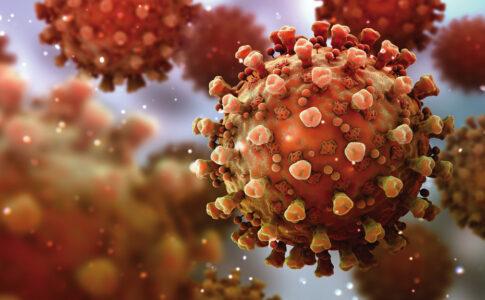Several cases of jellyfish stings were observed last weekend at the Louis Constant Fleming Hospital Center.
The presence of jellyfish on the island's beaches is undoubtedly linked to the weather, particularly due to the high temperatures.
Although jellyfish stings are not fatal in Saint-Martin, they can be particularly painful. If this happens to you, here are the things to do and what not to do.
How to recognize a jellyfish sting?
Do you feel a burn in the water or think you are having an allergic reaction? The first thing to make sure is that you have indeed encountered a jellyfish. First clue, the type of pain felt: contact with a tentacle causes the impression of an electric shock. This is then accompanied by severe itching and a burning sensation.
Second clue, the lesion: generally red, extending over 3 or 4 cm, it reveals the trace of the tentacle on the skin as well as stinging filaments loaded with venomous cells. This scar will disappear on its own after 2 to 4 weeks. During this period, you should avoid exposing it too much to the sun.
How to relieve pain and treat it?
If you are stung, the first thing to do is to stay calm and get out of the water, as the pain can prevent some people from swimming. Apart from rare allergic reactions, jellyfish stings are not dangerous.
Recommendations to follow:
Rinse thoroughly with sea water, if possible lukewarm, without rubbing
Remove stinging filaments stuck to the skin. To do this, apply hot, fine sand to the wound then gently scrape using a rigid piece of cardboard (a postcard for example) or a bank card. You can also use tweezers if you have one.
Rinse again with sea water
If you can, or when you return home, disinfect the wound with an antiseptic and then apply an anti-inflammatory ointment.
Finally, if you notice that the stung area is swelling or that you have difficulty breathing, contact the nearest emergency services immediately.
What not to do after a jellyfish sting?
These tips are just as important as the previous ones.
Do not rinse the bite with fresh water. This would cause the remaining cells to burst, releasing the venom and...pain.
Avoid contact with the wound: do not touch it, do not scratch, do not try to suck on it to suck out the venom.
Do not try to cut it to make it bleed.
Urinating on the wound serves no purpose other than causing possible risks of secondary infection.
Do not apply alcohol.
Do not apply a tourniquet.
Finally, be particularly vigilant with dead jellyfish washed up on the beach, whose stinging cells continue to sting. Do not let your children play with it. _AF
2,889 total views






No comments